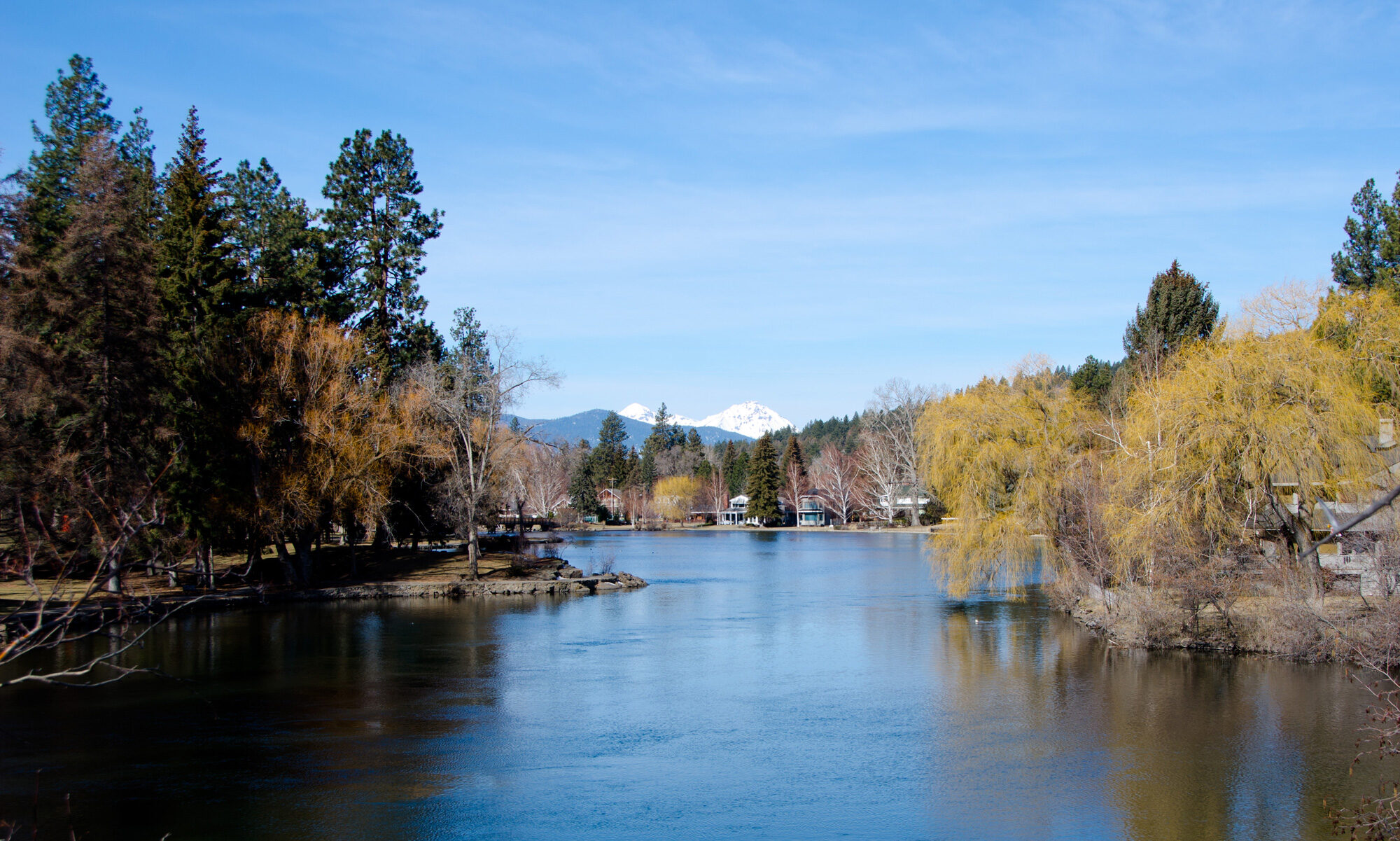Bend’s Mirror Pond is more than a pond. It is an arresting symbol of the city that should not be lost. As the years go by, the pond is becoming a mudflat. Sediment has settled behind the dam.
Geese may soon waddle rather than swim. Paddles may be used to push, not row. Bend’s butterfly is becoming a caterpillar.
The effort to fix the pond has become as muddied as the pond.
The consultant hired to evaluate alternatives has been let go. There is no money for an analysis weighing alternative solutions, costing maybe $500,000 — let alone a fix which might add another $5 million.
Spending some money on a study for alternatives seems inescapable. Without a rigorous analysis, the state or the federal government would likely refuse approval of a fix. Without an analysis, chances of getting the federal government to chip in any money would be lost.
Where will the money come from?
The city of Bend doesn’t have it. The Bend Park & Recreation District may be doing relatively better financially, but it would be hard to argue that pond upkeep is part of its mission.
So the city is looking at creating a taxing district, perhaps putting it before voters in November 2012.
We’d vote for a taxing district to pay to dredge Mirror Pond. But is that what the tax would pay for? Would the tax sunset? Would the taxing district create a permanent, new bureaucratic fiefdom?
Some have proposed that the natural, permanent fix would be to remove dams and let the Deschutes resume its course. The pond would become a river again. There likely would be less need to come back in another 25 years and dredge again, though Bend’s centerpiece would be gone.
A taxing district for Mirror Pond has a chance, but only if voters know what they are paying for.
Source: The Bulletin
